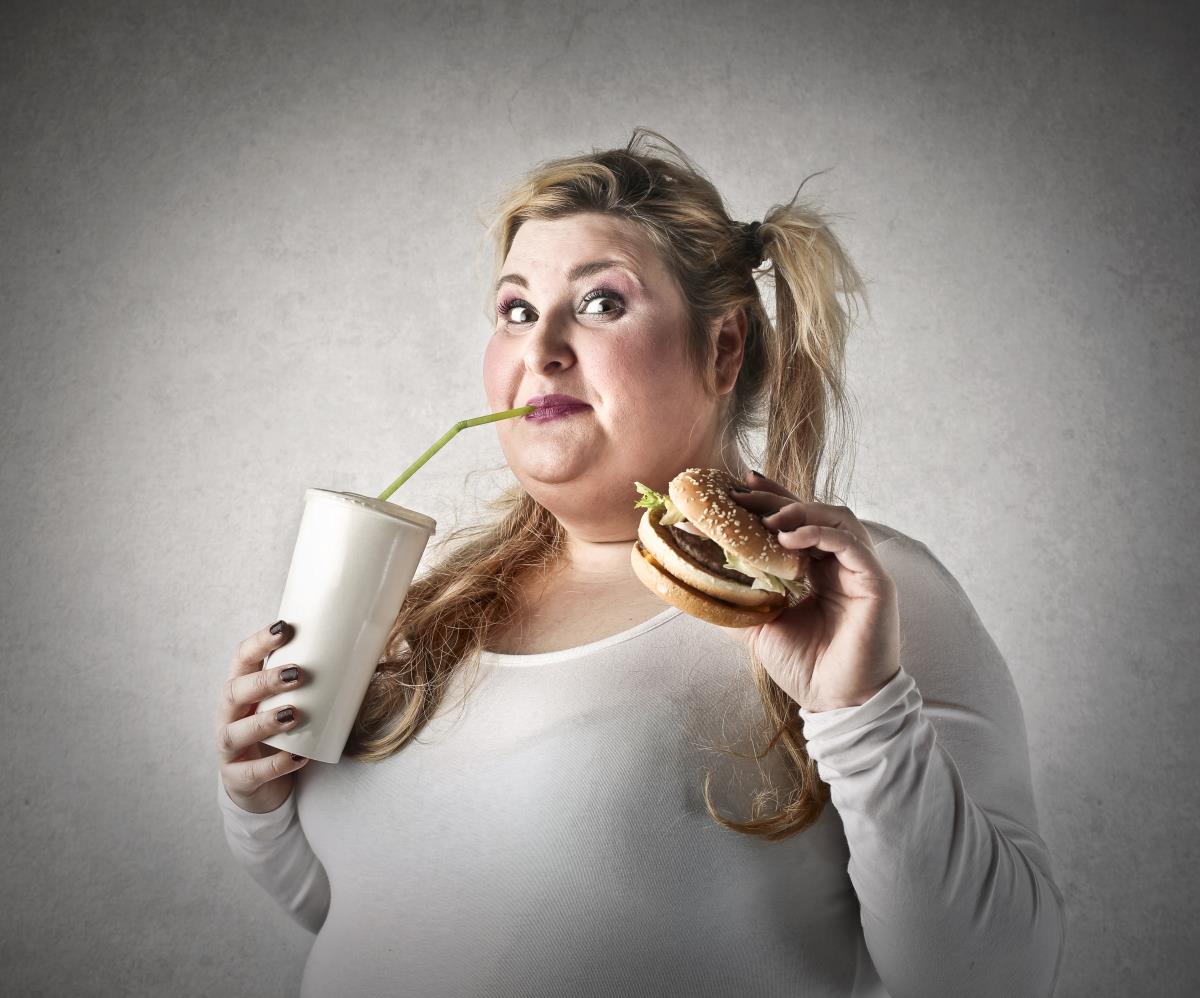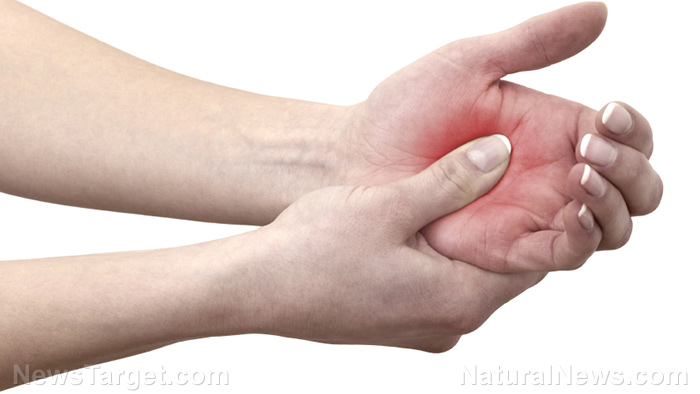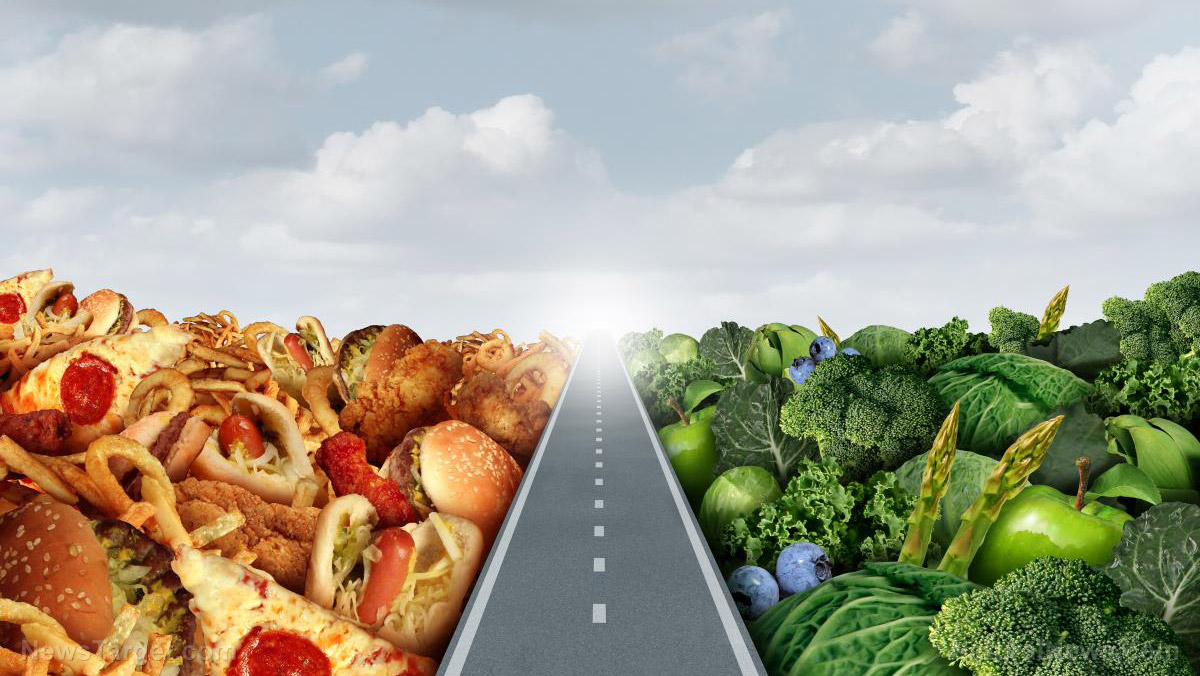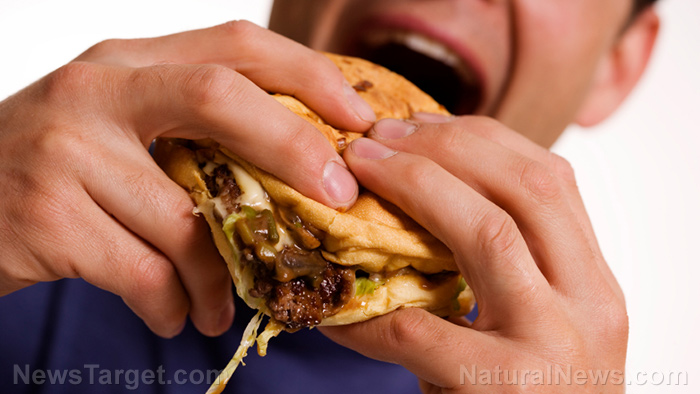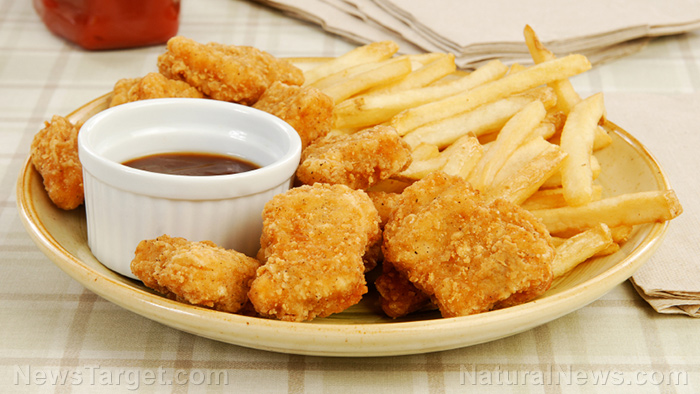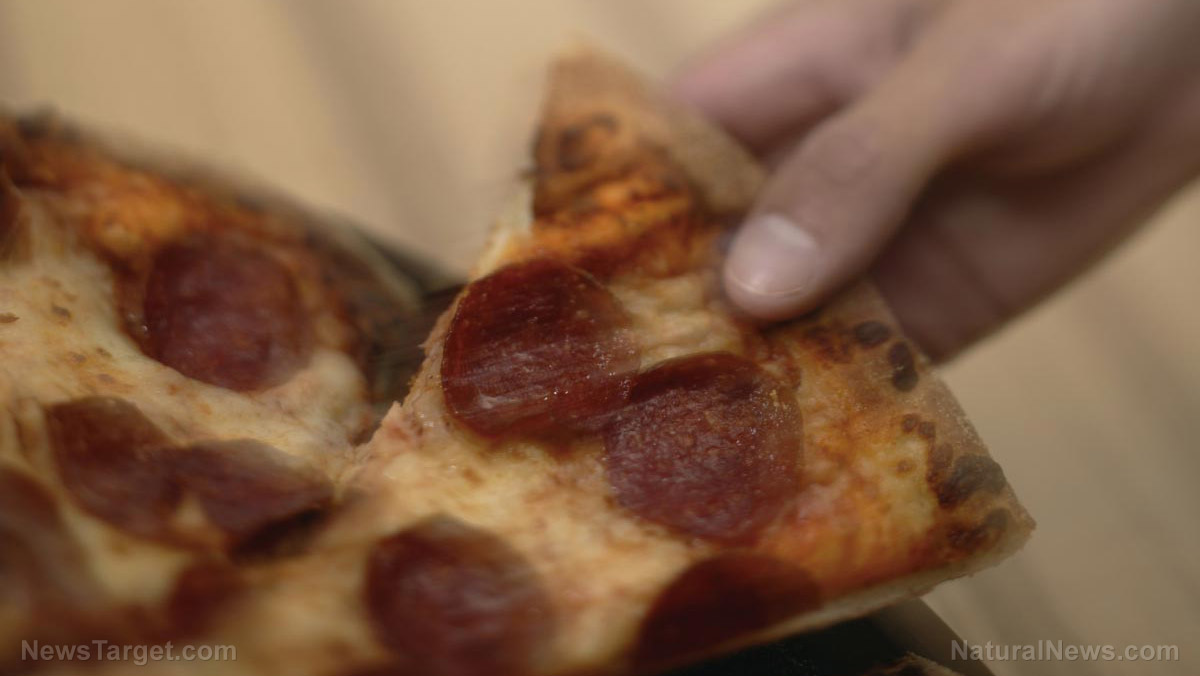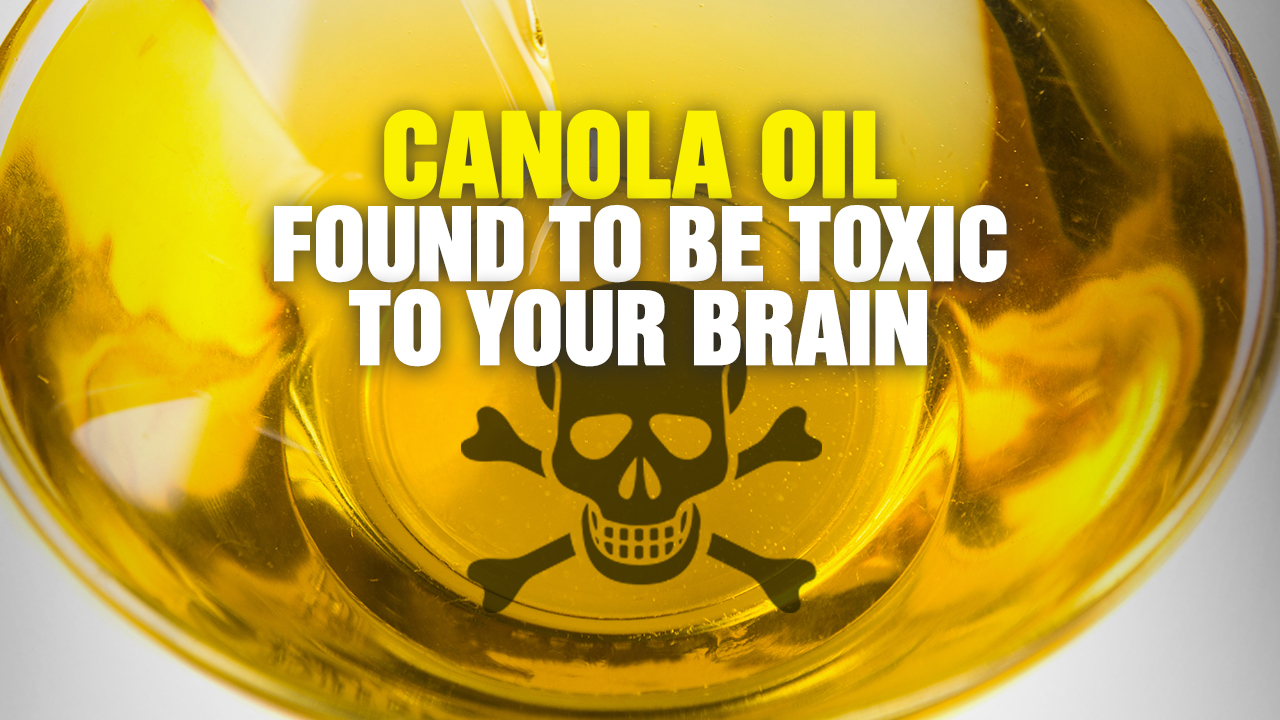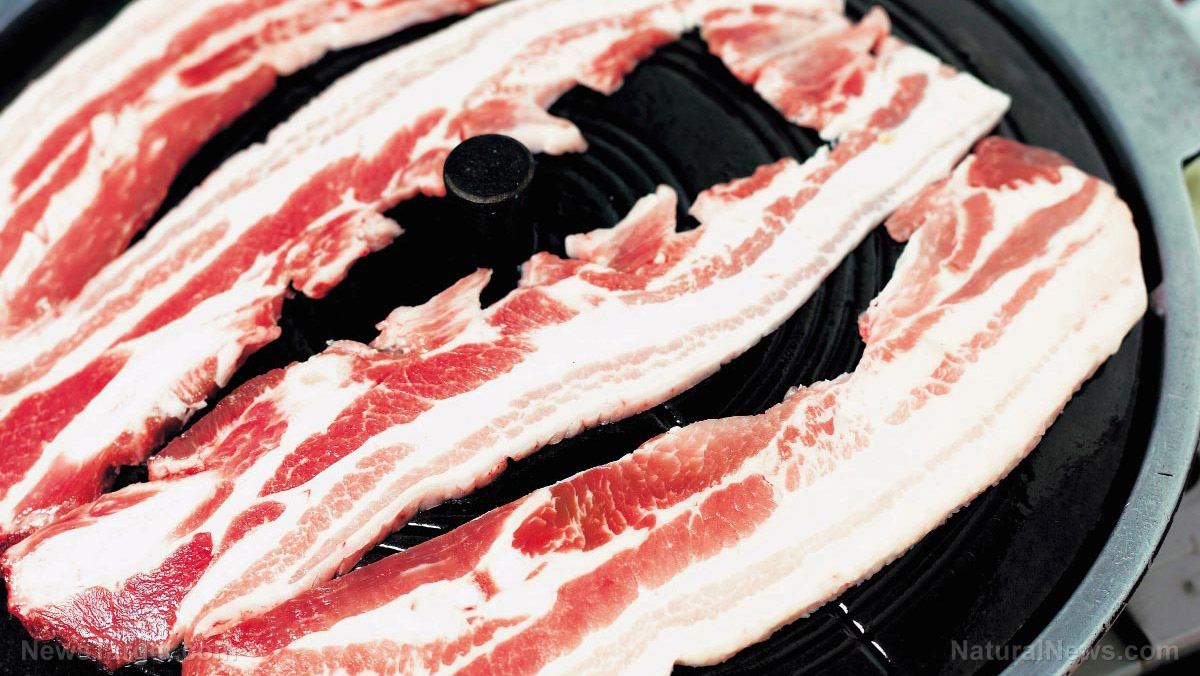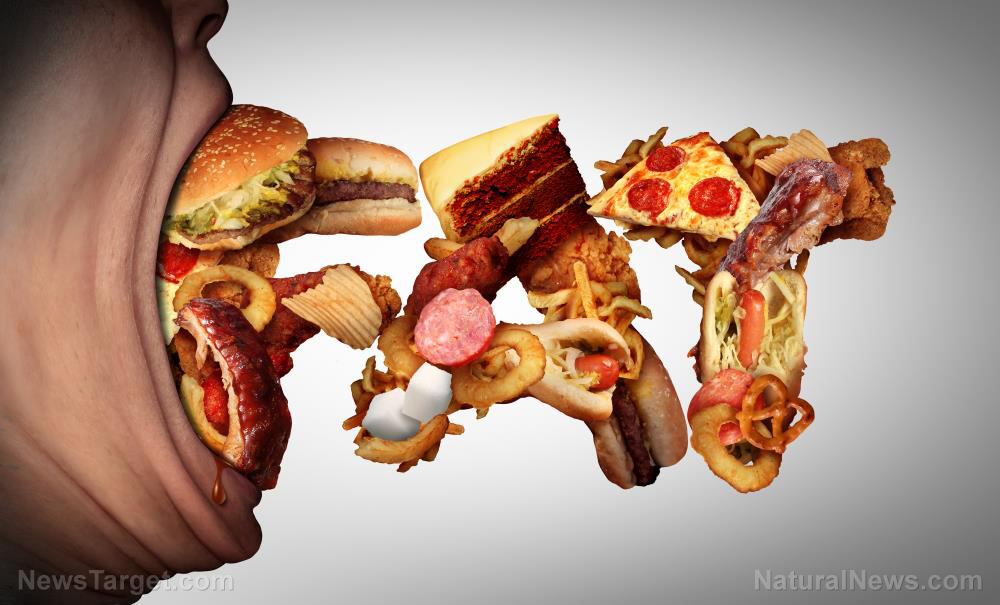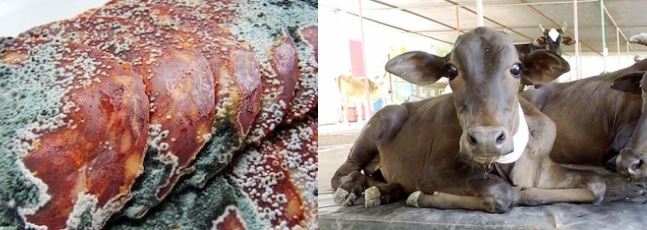World’s largest food corporations love to talk about “healthy diets” while pushing junk
03/07/2023 / By Ethan Huff

Despite each claiming to be active in improving the healthfulness of their products, four of the world’s largest food manufacturers overwhelmingly rely on junk food sales for profits, a new report has found.
Kellogg’s, Kraft Heinz, Nestlé, and Unilever all sell a greater than 50 percent majority of junk food in their three largest markets, the World Action on Salt, Sugar & Health (WASSH) found after assessing some 2,346 products sold by each of these four companies, as well as Danone.
Only Danone lives up to its healthfulness claims, WASSH determined. The other four peddle gobs of junk food in Australia, France, and Mexico, their three largest markets, while claiming to the world that they support healthy eating and are making strides to improve the health quality of their own products.
WASSH assessed each of the products sold by these companies using common standards such as the Health Star Rating, Nutri-Score, and Warning Labels.
“Danone was the only manufacturer with a greater share of healthier products available in each of the three countries,” WASSH indicated.
“The remaining four manufacturers performed poorly across all three markets, with more than half of their surveyed food and drink portfolio below a standard definition of ‘healthy.'” (Related: Is your favorite organic food brand owned by a junk food corporation?)
Be careful what you eat from Kraft Heinz, Kellogg’s, Unilever, and Nestlé – it’s probably not good for you
The worst offender is Kraft Heinz, which sells mostly junk food in Australia, France, and Mexico. WASSH determined that the proportion of products Kraft Heinz sells below the standard definition of ‘healthy’ based on respective front of pack labeling models is 61 percent in Australia, 93 percent in France, and 100 percent in Mexico, for a total of 82 percent junk food across the three markets.
Second in line is Kellogg’s, which sells 67 percent junk food in Australia, 83 percent in France, and 91 percent in Mexico for a total of 72 percent junk food across the three markets.
Unilever clocked in at third with 69 percent junk food in Australia, 71 percent in France, and 28 percent in Mexico for an overall total of 66 percent junk food across the three markets.
Finally, Nestlé’s overall score is 62 percent junk food across the three markets, with 68 percent in Australia, 65 percent in France, and 51 percent in Mexico.
“Improving the nutritional content of food and drink by reformulating recipes with less salt, sugar and saturated fat is by far the most important strategy that any company should make to improve public health,” said Mhairi Brown, policy and public affairs lead with WASSH, in a statement.
Keep in mind that Kraft Heinz, Kellogg’s, Unilever, and Nestlé all pay lip service to healthy eating. They all pretend as though they are at the forefront of nutrition while they quietly peddle junk foods high in bad fats, refined sugar, genetically modified (GMO) ingredients, and other poisons.
Such ingredients increase the risk of obesity and a host of chronic illnesses such as cardiovascular disease, type-2 diabetes, non-alcoholic fatty liver disease, and certain cancers.
“In addition,” noted Zero Hedge, “the consumption of junk food may cause adverse changes in the brain and result in cognitive impairment.”
Kellogg’s is a particularly offensive company that went “woke” this past year by introducing a junk food cereal called “Together with Pride” featuring “heart-shaped cereal” in various artificial colors derived from petroleum.
“There’s a war on your diet and a war on your body,” one report explained. “This seems very unhealthy for the soul, body, and mind … and if current unhealthy diet trends persist, more than half of the world could be overweight by 2035.”
More related news can be found at JunkFood.news.
Sources for this article include:
Submit a correction >>
Tagged Under:
corporations, disease causes, fast food, fight obesity, food, frakenfood, grocery, healthy diets, heart health, ingredients, toxins
This article may contain statements that reflect the opinion of the author
RECENT NEWS & ARTICLES
COPYRIGHT © 2017 MSG NEWS



